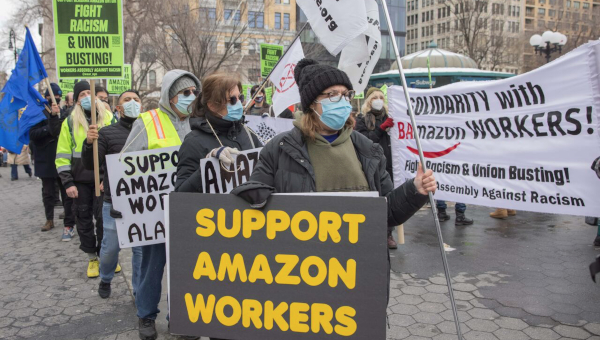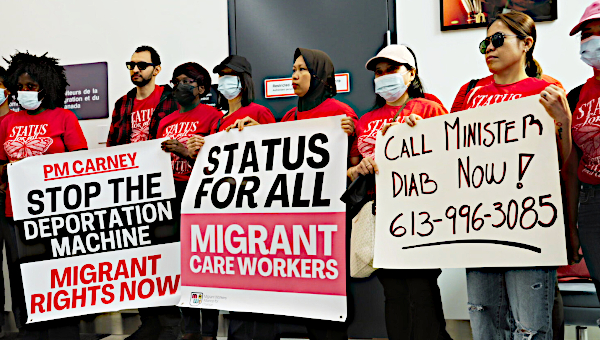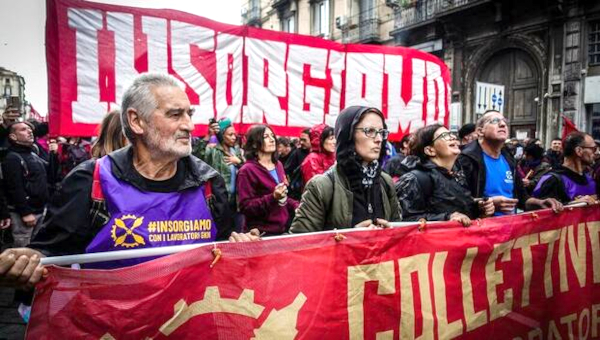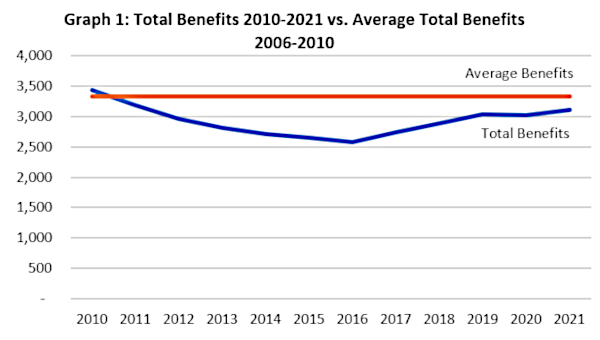Ottawa hotel workers exercise their right to strike – and win
Workers fought hard over many decades to win legal recognition of the right to strike. Most unionized workers now have this right, and most trade unions work hard to defend and occasionally exercise it.
It is, of course, terribly disheartening to feel a renewed need to state the above obvious point, but in the wake of the CAW’s new “Framework for Fairness” deal with Magna, the importance of the strike weapon is again a focus of some debate. In this context, a bitter but ultimately successful 26-day strike against the Sheraton Ottawa Hotel last month merits a serious examination.
The culturally (and linguistically) diverse 80-member bargaining unit at the Sheraton Ottawa is composed of kitchen, dining hall, valet, maintenance and room attendant workers organized since the 1970s as Local 261 of the Hospitality and Service Trades Union. They are an affiliate of UNITE-HERE and also represent the workers at most other major Ottawa hotels. Most of the elected and staff leadership of the Local are women.
According to the picketing workers, the hotel had been a half decent employer up until an ownership change in 1993, when it took on the Sheraton name, and the new Hong Kong-based financial conglomerate owners appointed an especially vicious general manager. Since that time, staffing levels have been gradually eroded from over 160 to around half that number. So, work in all departments has intensified.
At the same time, the employer changed the health benefits plan arrangement from an employer-paid premium to a cost-share, and over time paid less and less of the total bill. When they came to bargain in the summer of 2007, an inadequate wage offer was made worse by a health benefits offer that would have resulted in the employer’s cost-share falling to less than 50% of the total. The Local membership had run out of patience and voted overwhelming to launch a strike on September 17, their first job action in more than 20 years.
Under any circumstances, strike action is risky – there really are no guarantees. In this case, with a corporate goliath ownership group based in Hong Kong, the risks were even greater that the hotel’s management would have the latitude and resources to hold tight, hire a scab cleaning company and wait it out.
Having hit the bricks, the union quickly demonstrated the depth of their determination. While the active picket duty was taken up by only 60 of the 80 members, not a single member of the unit crossed that picket line to scab. The picketers quickly developed a careful but disruptive tactic of “slowing” the arrival and departure of every single linen bin, car, truck, or other delivery to and from the hotel.
Within a week of picketing, a group of other local trade union and social justice activists formed a Support Committee. The first major “action” of this group was an October 5 “Picketline Fiesta” – supported by the Ottawa and District Labour Council and an assortment of other sympathizers that boosted the usual 20-member lunch-hour picket to over 80. A pair of popular folk-singers, Teresa Healy and Tom Juravich, sang a great set of labour and picketline classics, providing a jolt of positive energy.
This Fiesta was a breakthrough – the picketing members knew from that point on that the word of the strike was getting out and the support they were attracting was not only boosting their picketline, it was also leading to more and more cancelled hotel bookings. The tide was turning.
Only four days later, word arrived that the Ottawa Chamber of Commerce was scheduled to hold their 150th anniversary fundraising dinner at the Sheraton on October 10th (keynote speaker: the incomparable Perrin Beatty). Remarkably, with just 24 hours notice, the Support Committee was able to use email networks and word of mouth to deliver over 60 supporters to rally at the hotel and establish a vocal and militant “welcome” to the local business cronies arriving to cross the picketline.
With the visible anger and noise of a picketline gauntlet to run, fewer than 50 people went through, and the evening of glitz and champagne had to have been ruined. The highlight-lowlight of the night was the arrival of Ottawa’s repugnant Mayor, Larry O’Brien (who refuses to step down in spite of a very serious OPP investigation into criminal bribery allegations). His jaunty wave at the picketers as he went through the doors enraged the crowd and nearly provoked a major confrontation. The shouting and jeers of “Shame on Larry!” reverberated both inside and outside the hotel. Without question, the hotel management was rattled.
The following day, negotiations started up again and by the end of a long evening, the union bargaining team signed a new deal. Two days later, on October 13, a ratification meeting approved the new agreement with an 89% yes vote. In summary, an improved wage deal had been supplemented by a vastly improved cost-share arrangement on the health benefits plan. At the union’s victory party following the ratification vote, pints were raised and tributes to one another flowed freely. They had won.
The Sheraton strike offers several key lessons. First, the dispute itself highlights the cruel effects of the last 20 years of neoliberal attacks, particularly in the hospitality industry: internationalization of ownership, downsizing, work intensification, and cuts to negotiated health care benefits (made more important by cuts to the public health care system). Second, even cautious, “legal” tactics deployed against a high profile service-sector employer can be greatly enhanced by effective outreach to sympathizers in the broader labour and activist movements. The Ottawa and District Labour Council really needs to re-activate a serious strike support committee, as existed in previous years.
Third and finally, the union membership proved, again, that the right to strike really matters not because we want to strike but because it works. Its effectiveness derives in part from the economic pressure imposed on the employer, but no less from the effect a strike can have on the consciousness of the striking workers: the importance of our work to the employer’s success is suddenly made obvious to all.
In a climate where only 17% of private sector workers have a union, and a proud union like the CAW is treating the right to strike as a “trade-off” to be dealt away, a courageous group of Ottawa hotel workers has shown that the right to strike – and the ability to win – is as relevant as ever. •





